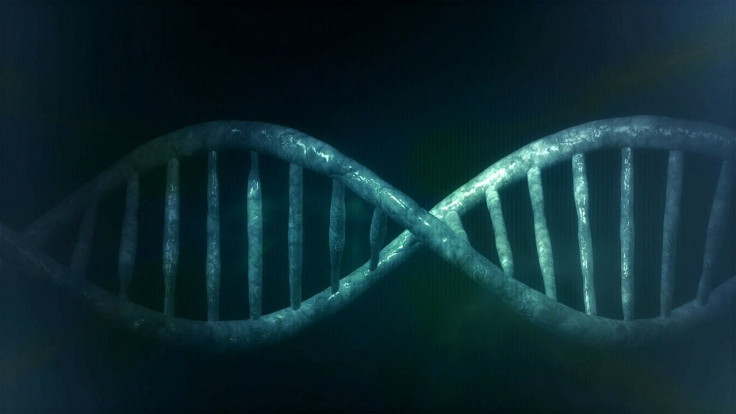Suicide Risk Might Increase As Stress Changes Your Genes, Scientists Say

Stress might cause genetic changes that put people at a higher risk for suicide.
The idea comes from a study in the journal EBioMedicine for which scientists compared blood samples from people who had attempted suicide and from adolescents at different risk levels for psychiatric illnesses. They found evidence that people who had made the most serious suicide attempts and adolescents most at risk for their own mental health problems were both more likely to show changes caused by environmental factors to a gene called CRH.
The environmental factors the scientists referenced could include things like high levels of stress early in life.
According to the study, the genetic changes that the team observed fall in line with other research pointing to a certain stress system in the body as a possible culprit of mental illness — a system that is linked to CRH.
Some scientists have asserted that a dysregulation in the hypothalamic-pituitary-adrenal axis, a set of interactions in the body’s hormonal system that is activated as a response to stress, could be linked to mental health. The CRH gene could play a role in that because of how it controls the production of corticotropin-releasing hormone, which triggers the axis.
“Since psychiatric illness is a serious and growing public health problem, it’s important that we take early signs of psychiatric illness and suicidal behaviour into consideration in suicide prevention,” study leader Jussi Jokinen said in a statement from Umeå University in Sweden. “Our environment affects our genetic expression, which is usually referred to as epigenetic change. Even if we aren’t able to draw distinct parallels between the findings in these cohort studies, our results still point towards the importance of an optimal regulation of the stress system for psychiatric illness.”
This is not the only recent research that links the CRH gene to mental health issues like depression and suicide. Another study found that low levels of a protein called KCC2 in the brains of pregnant women and new mothers might be linked to postpartum depression because KCC2 regulates the release of the CRH hormone. Although the body has a mechanism for reducing stress during and after pregnancy, with less activity from the hypothalamic-pituitary-adrenal axis, women with postpartum depression may operate differently.
© Copyright IBTimes 2025. All rights reserved.



















